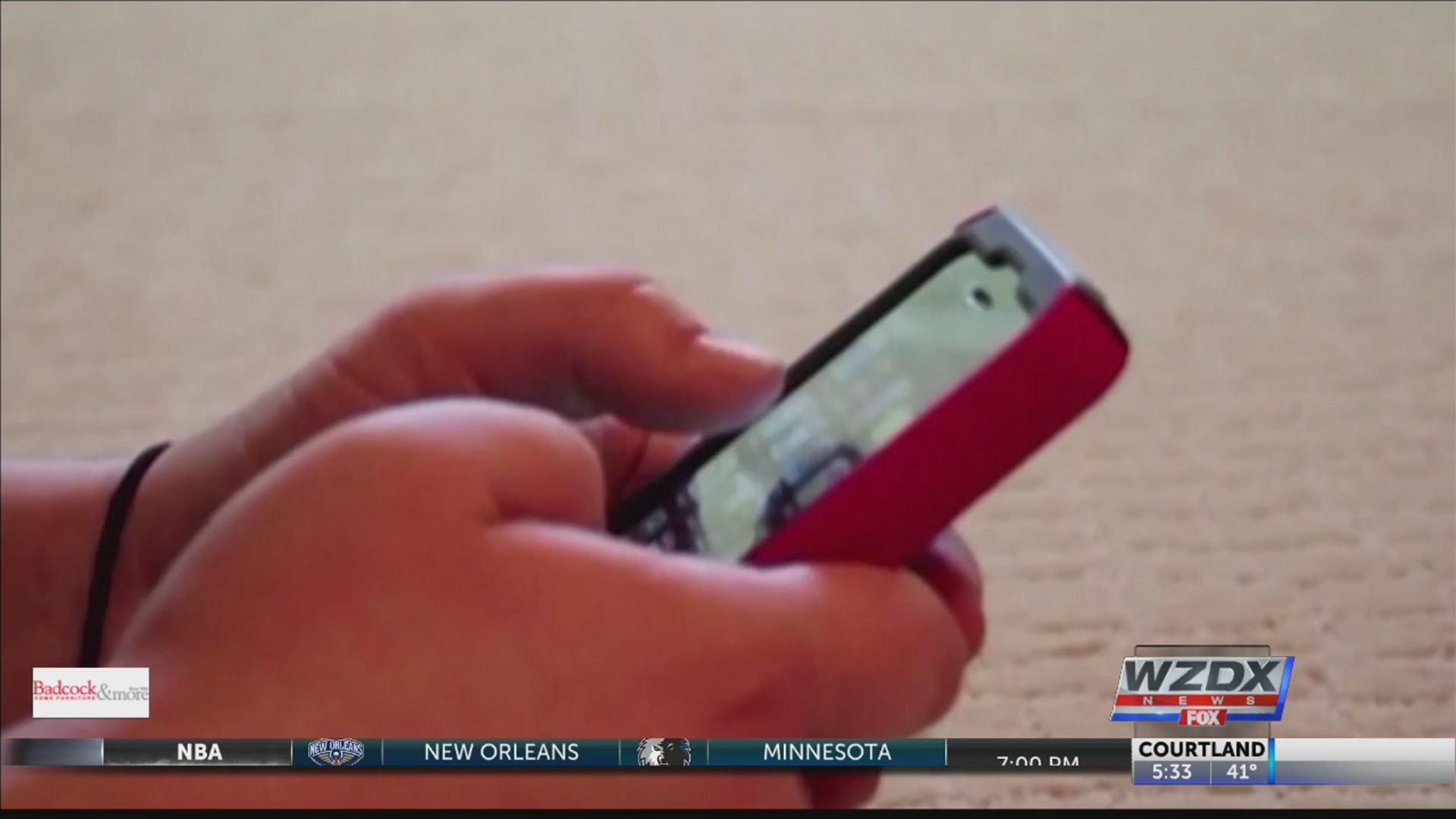Young people are spending more and more time on screen, and as much as you monitor what they’re looking at online, the reality is kids can still get exposed to things you don’t want them to see. So when kids are exposed to violent or explicit content– how can you know as a parent– and how can you protect them?
“The Internet provides access for a lot of things that are not necessarily beneficial for our mental stability,” said Monretta Vega, a psychotherapist at Huntsville Psychotherapy & Counseling.
Vega is talking about things kids can easily access on the internet that parents don’t want them to see. And even if you’re child isn’t looking for violent or explicit content, their friends may be showing it to them. This is something Vega says parents should be aware of now — as kids have more free time around the holidays and may be getting new devices for Christmas.
“You have to be mindful that once you see something that is visual, it can stay with us in our subconscious,” explained Vega. “A lot of times, that can either pique an interest for some of us that makes us wonder why this person is doing this and it brings upon a curiosity or it can be on the complete opposite spectrum and it brings upon a curiosity that makes me want to do it — that makes me want to see what that action feels like.”
Vega says exposure to violent or explicit content can actually be traumatizing for kids.
“It can cause us to have nightmares or paranoia,” she explained. “It can cause us to have anxiety. It can cause us to become desensitized to it, which means that it no longer pulls any emotional triggers inside of us when we are met with any particular situation.”
Regular communication with kids about their screen time and asking questions about it is key. Vega said there are also signs parents may want to look for.
“Our younger children we want to be mindful — there may be signs in their behavior like wetting the bed or start talking back a little bit,” she said. “They may actually isolate. If there is something they saw that may be inappropriate you may want to be mindful of how they’re treating the pets as well and the family members and their friends.”
In high school and middle school students, Vega says signs could be a change in grades, friends or appearance.
Latest headlines:

